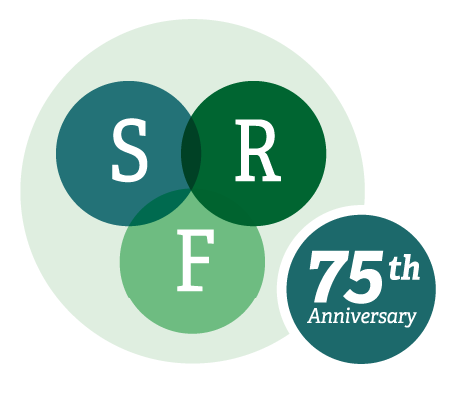Maintaining a good work-life balance
By Professor Amanda Sferruzzi-Perri, Professor of Fetal and Placental Physiology at the University of Cambridge.
Author Biography:
Amanda completed her undergraduate degree (BSc) at the University of Adeliade, Australia, followed by an honours year (similar to a UK MRes) and subsequently a PhD investigating how hormones (IGF1 and IGF2) determine fetal growth. She then travelled across the globe to undertake 2 years of research at the University of Cambridge, UK, as part of an in-training fellowship from an Australian funding agency (NHRMC). After this, she completed two further fellowships before securing a tenure-track lectureship in Reproductive Physiology at the University of Cambridge. Three years later (2022) she was promoted to Professor of Fetal and Placental Physiology.
Why do you think it’s important to have a good work-life balance?
Having a good work-life balance is fundamental for a long and successful research career. Although from my career path it may seem that everything about my career has been straightforward, it hasn’t. There have been many up and downs and lots of uncertainty, and I don’t think I would still be in a research career if I didn’t have other enjoyable things in my life. For instance, experiments don’t always work or can take a while to generate data or build a convincing story. Papers you submit are not always accepted or require extra work, time and funding to complete. Fellowships, grants and jobs I have applied for were not always successful at first try (it took me 3 attempt to secure my permanent position at the University of Cambridge). Having other things in your life takes the pressure off everything working all the time in your work. It also reminds you there are other important things in your life which define you and bring enjoyment.
How do you maintain a good work-life balance?
I have very supportive family and friends. My husband and daughter are especially good at reminding me that there are more important things in life to doing research. In terms of other ‘extra-curricular’ activities, I find having a routine, especially with plans where other people depend on me going, helps to remind me to plan my workday and weeks accordingly – prioritising what is most important, what is urgent and what can be left for another time. Having extracurriculars cheers me up when I can be down about work things but also remind me there are other very enjoyable, enriching and fruitful things in my life.
Having a supportive workplace, with colleagues I respect and can rely on, is also important for maintaining a good-work life balance. In the past, this has helped me to complete an experiment when I needed to collect my daughter from childcare early; now, it helps to have people in the lab who are able to share leadership of ongoing lab projects. This not only helps me, but also their independent career growth.
Was there a stage in your career where it was particularly challenging to balance your career and personal life?
The most challenging stage was securing my salary whilst being a mum. Although I have a supportive husband, the uncertainty of my job whilst having a family was incredibly stressful. The fear of having to close my lab and change careers didn’t feel like an option for me. I’ve always loved understanding new things and undertaking research that is contributing to our understanding of women’s health, pregnancy, and child health. Because of uncertainties related to my job, I spent many more extra hours writing fellowship and grant applications, submitting publications to show I was still being productive, and exploring options of establishing my research laboratory elsewhere. My other half was very understanding, supportive and took on the extra loads needed with our daughter. I also sought out advice from senior members (including mentors) in my department and elsewhere for feedback on my fellowship and grant applications, to see how I could improve them to make them more competitive. People in my lab were incredibly supportive and understanding of the prospect that the lab may need to move to another institution. They also continued to work hard, in generating data and preparing their work as publications. I found talking about my situation and asking others for help gave me perspective that others have been through similar situations, and reassurance that I may get through that uncertain situation.
Finally, if you could go back in time, what advice would you give to your past self on maintaining a healthy work-life balance?
To be a bit more cautious on what a collaboration may mean. This is very important for showing independence in securing funding and jobs, which impacts on your personal life. In particular, establishing what role each person in the collaboration undertakes and deciding on timelines is important. It is very important that more senior academic researchers don’t take claim over your work, otherwise it can dilute your (and your lab’s) contribution. Other than that, I wouldn’t change a thing. I am a much more resilient person having had to work hard for my job and lab security at the University of Cambridge. I also feel that I am able to identify more quickly which things at work I should focus on, to consider my wellbeing, my family’s and my lab’s. When I was more junior in my career, I found myself agreeing to so many things for work because I am passionate, but others did take advantage. I have learnt lessons to protect myself, my family and my lab’s independence. The older you get, the more responsibilities you have (a team of researchers, teaching alongside caring responsibilities), and the less time you have means you need to be more assertive of what you should be doing (for you and your family’s own good).

